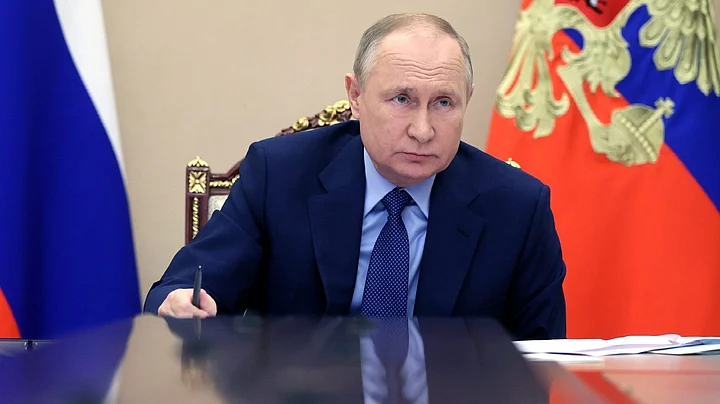As the war in Ukraine approaches its 200-day mark, Russian President Vladimir Putin approved on Monday, 5 September, a foreign policy doctrine that aims to "protect, safeguard, and advance the traditions and ideals of the Russian World."
The "Russian World" doctrine justifies intervention abroad in support of Russian speakers and ethnic Russians outside of the country.
It is similar to the 1968 Brezhnev Doctrine under which the Soviets had the right to militarily intervene in other socialist countries, especially in eastern and central Europe, if their governments were threatened by 'capitalist counter-revolutionaries.' It was brought in by Leonid Brezhnev and renounced by Mikhail Gorbachev, the last leader of the Soviet Union who died a few days ago.
"The Russian Federation provides support to its compatriots living abroad in the fulfilment of their rights, to ensure the protection of their interests, and the preservation of their Russian cultural identity," the 31-page "humanitarian policy" read.
The policy adds that Moscow should strengthen ties with Beijing and New Delhi, along with Slavic nations, and nations in the Middle East, Latin America, and Africa. Disputed territories that Russia should deepen ties with are the two Georgian regions of Abkhazia and Ossetia, which were recognised as independent by the Kremlin after the 2008 Georgian War.
The same goes for the self-styled Donetsk People's Republic and the Luhansk People's Republic in Eastern Ukraine.
(With inputs from Reuters.)
